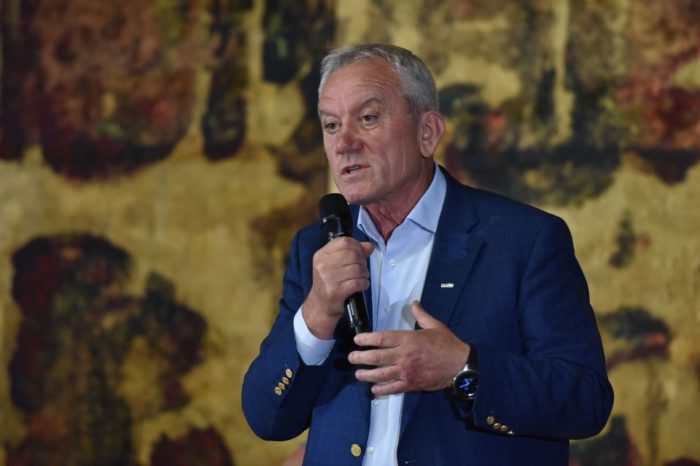Romania ratifies agreement with US for cooperation on Cernavoda nuclear projects

Nuclearelectrica announces the adoption by the Romanian Parliament of the draft law on the ratification of the Agreement between the Romanian Government and the Government of the United States of America on the cooperation regarding the Cernavoda nuclear projects, the Refurbishment of Unit 1 and Units 3 and 4 Project.
In October 2020, Romania and the United States of America initialized the Intergovernmental Agreement on the cooperation in the civil nuclear industry field, an Agreement which was subsequently notified and endorsed by the European Commission.
The ratification of the Agreement between the two governments represents the general framework for the continuation and implementation of strategic nuclear projects assumed by Romania in the energy strategy and in PNIESC as a pillar of achieving the decarbonization targets, the energy security and the efficient transition to clean energy.
“I welcome and appreciate the efforts of all factors involved in the adoption of the draft law for the ratification of the Agreement. From the operator’s point of view, time is an important variable in carrying out projects and our goal is to have Unit 3 connected to the grid in 2030 and Unit 4 in 2031. Thus, Romania will align itself with the states that heavily capitalize on domestic resources to ensure the transition, as well as the energy consumption at sustainable prices considering that, for example, based on the international studies, the cost of electricity resulting from the extension of the nuclear units lifetime is the lowest of all sources and that of new nuclear projects is considered competitive. Therefore, nuclear projects come with a double advantage: competitive costs and zero CO2 emissions,” said Cosmin Ghita, CEO of Nuclearelectrica.
The achievement of Unit 1 Refurbishment Project and Units 3 and 4 Project from Cernavoda NPP represents a significant contribution to the reduction of CO2 emissions, thus doubling, after 2031, the amount of CO2 avoided by operating nuclear units from 10,000,000 tons of CO2 / year, currently, at 20,000,000 tons of CO2 / year.
Also, the two nuclear projects will contribute to the development of the internal supply chain, will generate up to 9,000 jobs, will stimulate research, innovation, and development in the nuclear industry, with an exponential macroeconomic growth effect and will determine the retention of highly qualified specialists.













